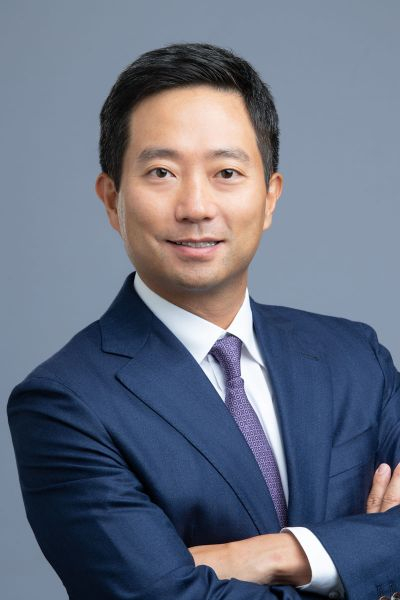Affinity Equity Partners’ founding member and Managing Partner Lee Chul-joo (CJ Lee) will resign from the Asia’s leading buyout manager, according to sources familiar with the matter on Friday. The firm is set to build a new management team for its South Korean business as his resignation will follow former Chairman Park Young-taeg and
ex-head of Seoul office Sam Lee’s leaving earlier this year, banking sources say.
CJ Lee has submitted a resignation letter to Affinity and will step down from outside director positions at portfolio companies like Kyobo Life Insurance Co., sources said on Aug. 4. He will take a position as a vice head at Seoul-based cloud service provider Bespin Global, where his elder brother Lee Han-joo is a co-founder and the chief executive.
Affinity’s Seoul office will tap Partner Min Byung-chul, or Charles Min, as head and hire more senior employees, sources said.
CJ Lee is a veteran of UBS Capital Asia, which spun out in 2004 to become Affinity. Before joining UBS, he served as a private equity investor at J. H. Whitney & Co. and was an investment banker at Morgan Stanley. Born in 1973, he holds a bachelor's from Brown University and an MBA from Harvard Business School.
Lee has become a star of the private equity industry over the past decade with major deals. He led Affinity and PE behemoth KKR & Co.’s sale of Korea’s Oriental Brewery to Anheuser-Busch InBev at $5.8 billion in 2014. In 2016, his team successfully sold Korea’s music label Loen Entertainment, which later became Kakao M, to mobile platform giant Kakao Corp. at 1.9 trillion won ($1.4 billion).
Although the reasons behind Lee’s departure are not disclosed, market insiders say it is due to Affinity’s weak earnings.
The company has attempted to exit from Burger King’s operations in Korea and Japan since 2021. As the sale has been delayed amid the capital market downturn,
Affinity refinanced 170 billion won in debt on the acquisition in February of this year.
The PE firm
acquired Korea’s leading recruitment portal JobKorea at about 800 billion won in 2021. It also joined a consortium with Korea’s GS Retail Co. and UK investment firm Permira to
buy local food delivery platform Yogiyo at 800 billion won in the same year. But the two assets are underperforming their target returns, banking sources say.
Write to Jun-Ho Cha and Ji-Eun Ha at
chacha@hankyung.com
Jihyun Kim edited this article.





